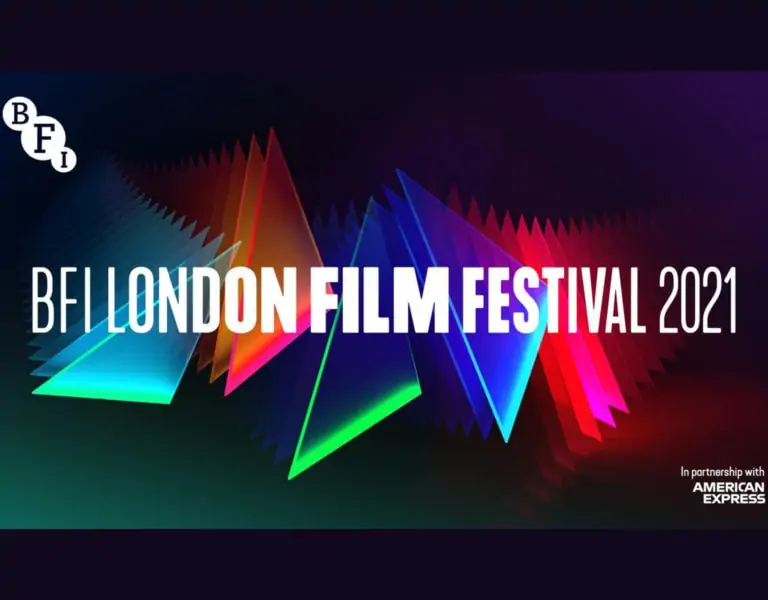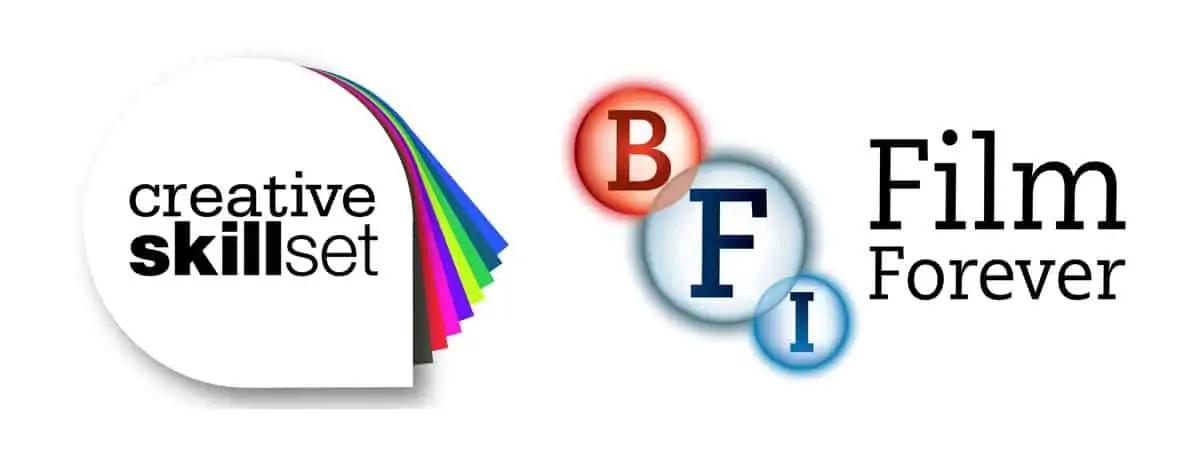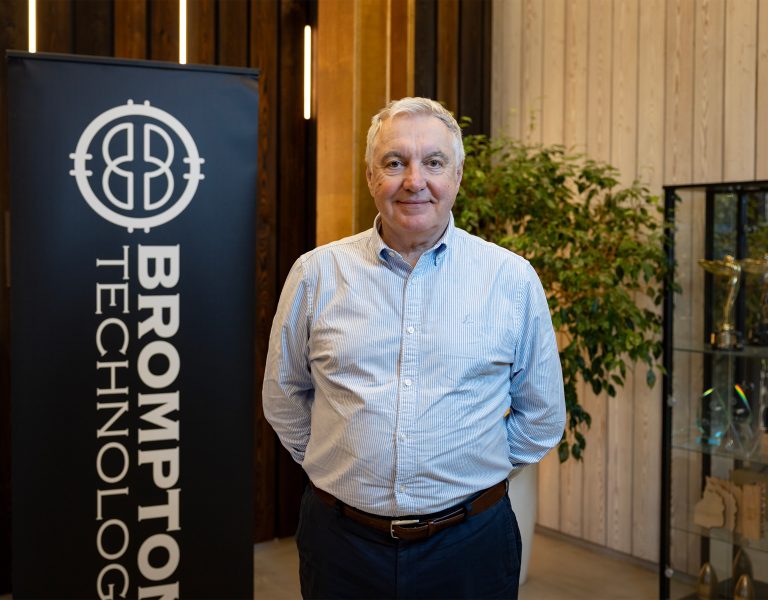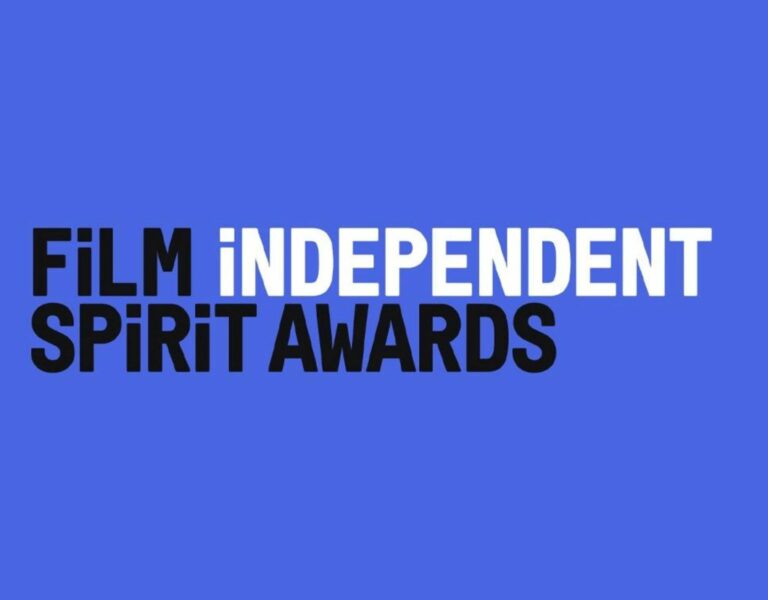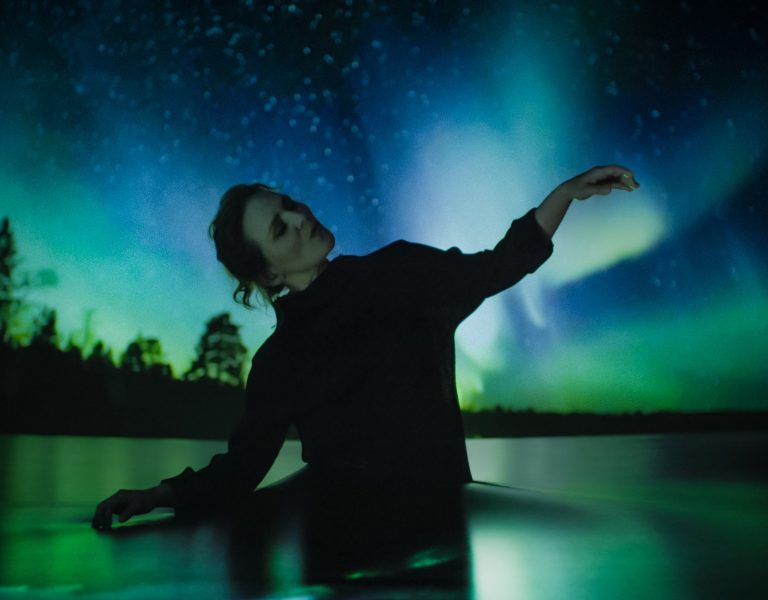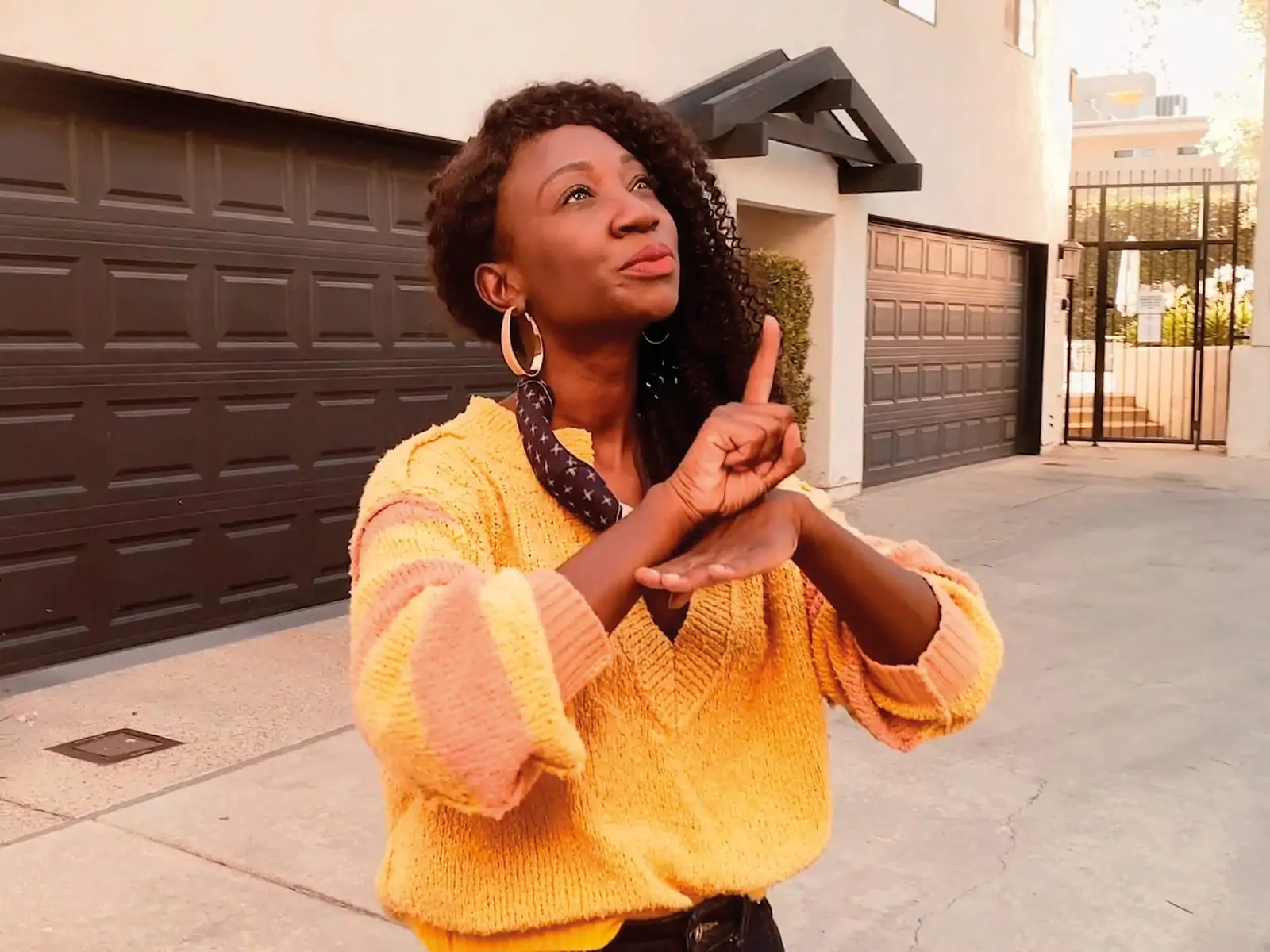
The BFI has announced full programme details for Busting The Bias, a series of screenings, talks and presentations taking place at BFI Southbank from 3-5 December, showcasing Disabled practitioners’ work. Busting The Bias, tickets for which are on-sale now at just £5 per event, will create ongoing discourse for improved access for Disabled talent to work in the screen industries, and advocate for authentic on-screen representation and leadership off-screen. All screenings will be presented with subtitles for the D/deaf and people experiencing hearing loss.
Jennifer Smith, head of inclusion at the BFI, said: “I am thrilled to be bringing this fantastic programme to audiences. It is imperative the film industry – both those who work in it and the content it produces – reflects our society, and currently representation of Disabled people is woefully lacking. At the BFI we are working to help break down the significant barriers faced by Disabled talent, and I believe that the quality of work in this programme proves that pushing the door open for Disabled creatives, storytellers, technicians and actors, isn’t just about doing the right thing, but is for the benefit our industry.”
Busting The Bias will begin on 3 December with a special opening event Press Reset On Ableism with Andrew Miller; tackling the damaging impacts of ableism, the Press Reset campaign aims to inspire decision makers in film and TV to reset their practices to establish a new normal for people with disabilities working in front of and behind the camera. This event will welcome Andrew Miller, Chair of the BFI’s Disability Screen Advisory Group, who will speak about the ways that Press Reset seeks to educate and inspire people across the industry to recognise, tackle and prevent ableism. This event will also include a screening of Disability on Screen: Past, Present and Future, a new documentary from PhD candidate Daisy Powell, who will also introduce the film. Through conversations with actors, presenters and filmmakers, Powell explores the history of ableism in British film and TV, revealing the socio-political implications of misrepresentation and the ongoing practice of “cripping up”; it’ll also consider what progress has been made, what still needs to be addressed and how this can be achieved.
Also taking place on 3 December is the UK Premiere of Approaching Shadows (TAPE Community Film and Music, 2021), which will be followed by a panel discussion led by TAPE Community Film and Music, a charity which uses quality, original film production to support the engagement, training and employment of people of all ages, through inclusive, person-centred production practice. Approaching Shadows, which is TAPE Community Music and Film’s second feature film, follows Edward and Violet Knights during their golden wedding weekend away, when they are brutally separated, triggering a wife’s desperate pursuit of her husband through an increasingly frightening world.
Screening on 4 December, followed a Q&A with writer Gemma Harvey and actor Jules Robertson, will be short film Love (Jane Ashmore, 2021), starring British TV and film actor Robertson and described by Stephen Fry as ‘immensely touching and sweet’. Love is a bittersweet film that tells the story of Oscar, a complex character with unique needs but the same hopes and desires as anyone. Having cast Disabled actors, such as Robertson, who is autistic and brings lived experience to the role, the film is an excellent example to the industry of how casting and screenwriting should embrace more disability diversity in order to create richer performances and characterisations. Also screening on 4 December will be It’s Personal (Kyla Harris, Lou Macnamara, 2021), which will also be followed by a Q&A with Kyla Harris and Lou Macnamara. Kyla requires 24-hour care with everything from making artwork to having a wee. Struggling with a care shortage, she asks filmmaker friend Lou to swap cameras for catheters and learn how to assist her. The pair give a refreshingly personal perspective of the care crisis, the necessity of friendship and what it means to truly care for each other.
Kicking off the final day on 5 December will be Talking Bodies: A Rehearsed Reading and Q&A. A response to Alan Bennett’s classic Talking Heads series, Talking Bodies tells the dark and funny stories of the d/Deaf, Disabled & Neuro-diverse, through a series of seven accessible short films. This unique event will introduce the project and feature live readings of three of the films – Vulnerable by Joanna Coffey, Growing Nowhere by Adam Fenton and We Care by Steph Lacey – followed by a Q&A with the writers and director. Completing the programme is a pair of shorts that will screen back-to-back: Aimee Victoria (Chrystee Pharris, 2021) was created remotely during the 2020 lockdown and depicts two Deaf women trying to communicate and save their relationship while forced apart. It will screen alongside The Multi (Mikail Chowdhury, Storm Smith, 2021), which was produced semi-remotely with a majority d/Deaf cast and crew; a Black Deaf woman’s world is carefully ordered to keep her childhood trauma buried, until events release her inner demons, threatening to destroy her life. This double bill will be followed by a Q&A with award-winning filmmaker Mikail Chowdhury, director of The Multi, and Natasha Ofili who stars in Aimee Victoria and wrote, produced and starred in The Multi.
Busting the Bias launched in 2017 to call on industry to improve access for Disabled talent and for content creators to stop comprising on authentic on-screen representation of Disabled people. Becoming a public event for the first time, Busting the Bias continues with this core mission, while celebrating and showcasing work created by Disabled talent. The BFI has previously outlined a series of commitments to the Disabled filmmaking community to help drive a stronger and more inclusive industry, which were developed with its Disability Screen Advisory Board.

